 It’s a snowy Friday at TSP headquarters, but that won’t stop us from bringing you the latest sociological takes. This week we’ve got social science research on the social construction of gender and sex, colorblind racism in the constitution, and a new teaching exercise using voter fraud to teach students how to evaluate evidence. And don’t forget TODAY is the deadline to send in submissions for The ‘Teach with TSP’ Contest!
It’s a snowy Friday at TSP headquarters, but that won’t stop us from bringing you the latest sociological takes. This week we’ve got social science research on the social construction of gender and sex, colorblind racism in the constitution, and a new teaching exercise using voter fraud to teach students how to evaluate evidence. And don’t forget TODAY is the deadline to send in submissions for The ‘Teach with TSP’ Contest!
Teaching TSP:
“Teaching How to Evaluate Evidence using Voter Fraud,” by Meghan Krausch. An exercise using TSP materials on voter fraud and the voting rights act to teach students how to evaluate evidence.
There’s Research on That!:
“The Social Construction of Gender and Sex,” by Allison Nobles. In light of the U.S. Department of Health and Human Services’ proposal to change the definition of gender to one that is solely biological, we rounded up research on the social construction of gender and sex.
Discoveries:
“Colorblind Racism in the Constitution,” by Caity Curry. New research in Social Problems finds that covert, colorblind racism was present as far back as the creation of the U.S. Constitution.
Clippings:
“Secrets of the Rich Highlight the Plight of the Poor,” by Isabel Arriagada. In a vivid account of her research in The Guardian, Brooke Harrington explains that wealth managers not only preserve and expand the rich’s fortunes, but also cover up drug addictions, promiscuous behavior, secret love affairs, and laziness at work.
“Diversity Debates in College Admissions,” by Neeraj Rajasekar. In a recent article in The Washington Post, Anthony Chen and Lisa M. Stulberg discuss how the pursuit of diversity has a long history in higher education.
From Our Partners:
Sociological Images:
“Gender Reveals Sparking Controversy,” by Evan Stewart.
Contexts:
“Caravan, Invasion, Exodus: A Photo Essay,” by Veronica Montes.
Council on Contemporary Families:
“Response to Arielle Kuperberg, ‘Cohabitation and Divorce: The Importance of Accounting for Age at Coresidence’,” by Michael J. Rosenfeld and Katharina Roesler.
Social Studies MN:
“The Gender Policy Report: Discover the Gender Equity Implications of Policymaking,” by Allison J. Steinke.
Midwest Sociology:
“The Tea Party is More Complicated Than You Think,” by Allison J. Steinke.
And a Few from the Community Pages:
- Center for Holocaust & Genocide Studies talks with Hasan Hasanovic about his experience as a survivor of the Srebrenica genocide.
- Engaging Sports reflects on sporting nationalism and the bus crash associated with the Humboldt Broncos Junior Hockey Team in April.

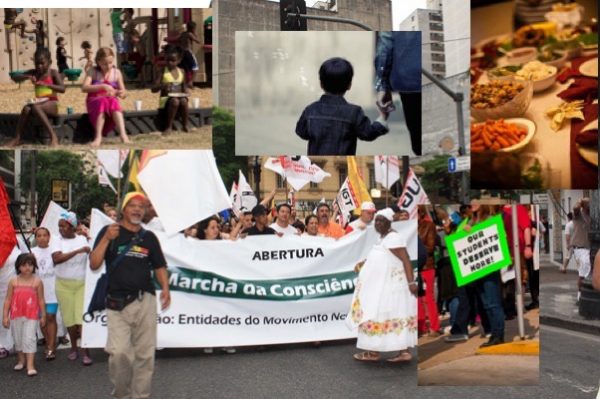 This week we’re thankful for social science research on constructive family conversations, affirmative action in Brazil, transracial siblings’ mistaken identities, and school closings in Chicago. And don’t forget to send us your submissions for
This week we’re thankful for social science research on constructive family conversations, affirmative action in Brazil, transracial siblings’ mistaken identities, and school closings in Chicago. And don’t forget to send us your submissions for 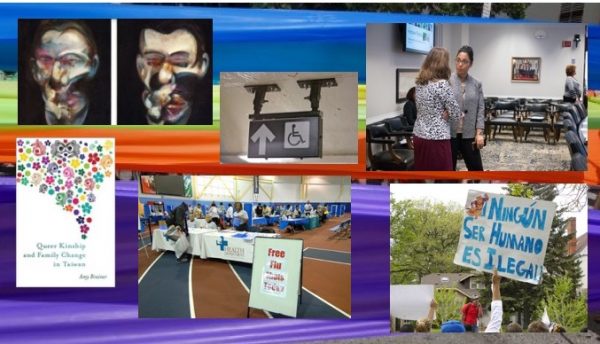 Welcome back! This week we’ve got social science research on civil servants’ emotional wellbeing, perceptions of immigrant illegality, and economic disadvantage among people with disabilities. And don’t forget to send us your submissions for
Welcome back! This week we’ve got social science research on civil servants’ emotional wellbeing, perceptions of immigrant illegality, and economic disadvantage among people with disabilities. And don’t forget to send us your submissions for 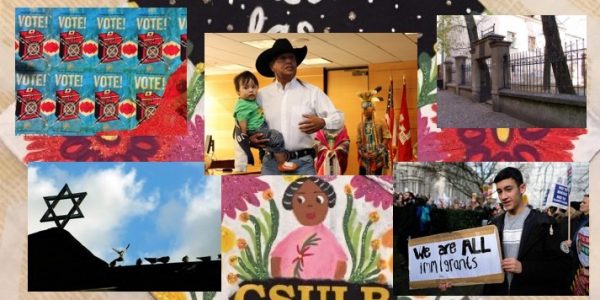 Welcome back to a sociology-filled week at TSP! This week we’ve got research on why the Indian Child Welfare Act matters, how skin tone is related to arrest and incarceration for black Americans, and sociological takes on the recent synagogue shooting in Pittsburgh. And don’t forget to send us your submissions for
Welcome back to a sociology-filled week at TSP! This week we’ve got research on why the Indian Child Welfare Act matters, how skin tone is related to arrest and incarceration for black Americans, and sociological takes on the recent synagogue shooting in Pittsburgh. And don’t forget to send us your submissions for 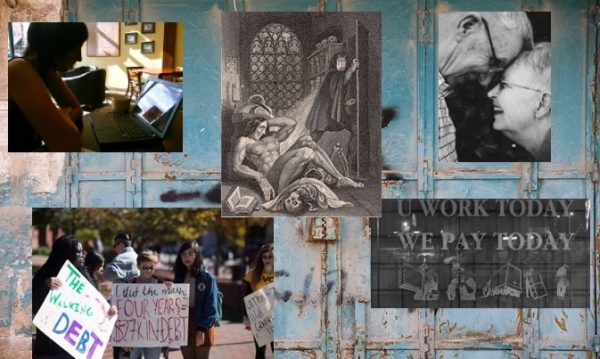 Hi Friends! We’ve got some exciting news this week: TSP is hosting a contest! If you teach with TSP content, tell us how! Details below. This week we have new content featuring social science research on competitive victimhood and conflict, how student debt is racialized, and the blurred lines between work and leisure. You can also read about the myth of poisoned Halloween candy, sexuality in aging adulthood, and nationalism in Korean ice hockey.
Hi Friends! We’ve got some exciting news this week: TSP is hosting a contest! If you teach with TSP content, tell us how! Details below. This week we have new content featuring social science research on competitive victimhood and conflict, how student debt is racialized, and the blurred lines between work and leisure. You can also read about the myth of poisoned Halloween candy, sexuality in aging adulthood, and nationalism in Korean ice hockey.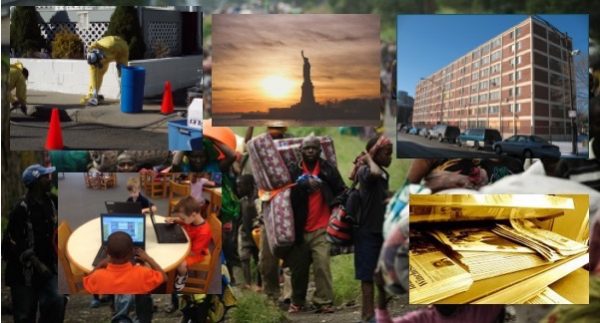 Welcome back! This week we’ve got a new podcast episode featuring Courtney Bell on how she teaches sociology to high schoolers. You can also find social science research on media coverage of immigration, public housing’s mental health benefits, and the trouble with school registration timelines.
Welcome back! This week we’ve got a new podcast episode featuring Courtney Bell on how she teaches sociology to high schoolers. You can also find social science research on media coverage of immigration, public housing’s mental health benefits, and the trouble with school registration timelines.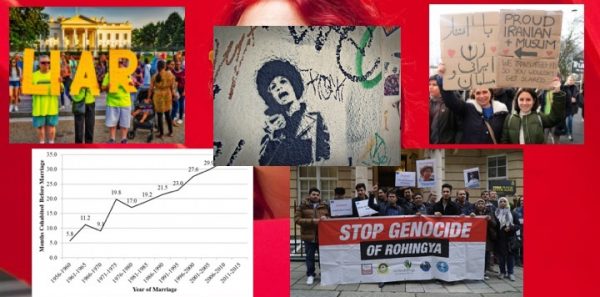
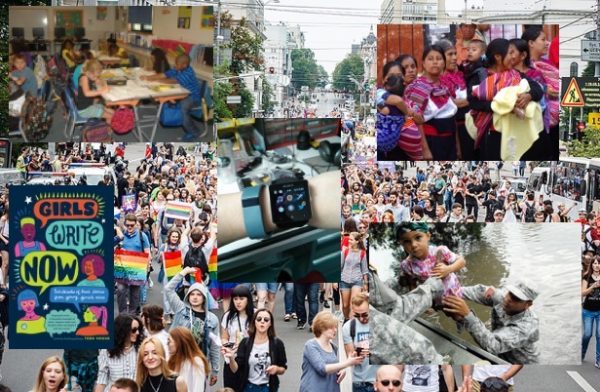 We’ve had a superb week here at TSP and that means more sociology content for you! This week we’ve got social science research on settler colonialism and Indigenous resistance, digital health-tracking technology, and the role of LGBT-specific international organizations in policymaking.
We’ve had a superb week here at TSP and that means more sociology content for you! This week we’ve got social science research on settler colonialism and Indigenous resistance, digital health-tracking technology, and the role of LGBT-specific international organizations in policymaking.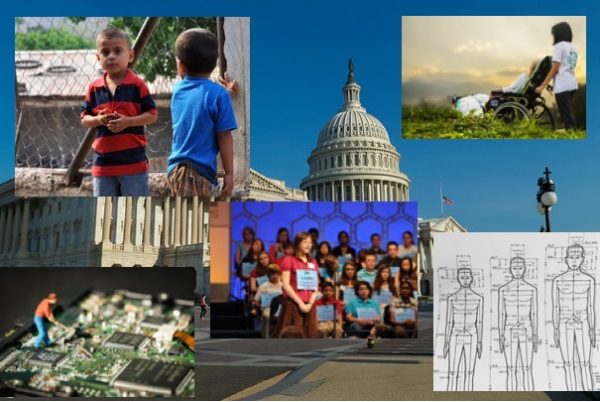 Happy Friday and welcome back! This week we’ve got a new special feature on diversity and wealth in the U.S. Congress, social science research on the migration of unaccompanied minors, and how social media can be a double-edged sword.
Happy Friday and welcome back! This week we’ve got a new special feature on diversity and wealth in the U.S. Congress, social science research on the migration of unaccompanied minors, and how social media can be a double-edged sword.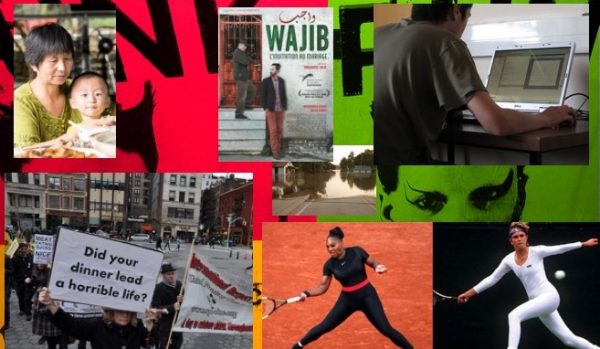 Welcome back! This week at TSP we’ve got research on the rise of data journalism, prison labor, and the Portuguese punk scene. You can also find sociologists’ takes on vegan social movements and how natural disasters increase racial inequality.
Welcome back! This week at TSP we’ve got research on the rise of data journalism, prison labor, and the Portuguese punk scene. You can also find sociologists’ takes on vegan social movements and how natural disasters increase racial inequality.